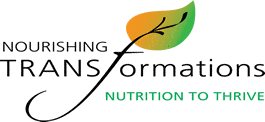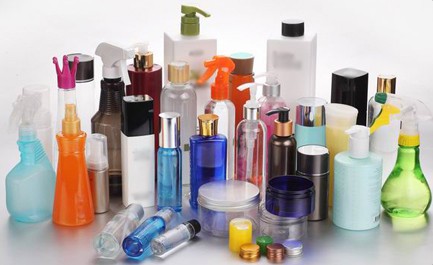Did you know that the average woman applies over 126 chemicals in nine different products which can absorb into the bloodstream before her first cup of coffee? In many cases, it only takes 8 seconds before chemicals from products absorb into the bloodstream. Skin is a gatekeeper, not a barrier, and newborn skin is even more permeable than adults. Many toxins can be passed onto a fetus. Most of these chemicals haven’t been tested and/or have been shown to have a negative impact on our bodies. Major loopholes in U.S. federal law allow the $50 billion cosmetics industry to put unlimited amounts of chemicals into personal care products with no required testing, no monitoring of health effects and inadequate labeling requirements. In fact, cosmetics are among the least-regulated products on the market. With the exception of 7 known toxins, a cosmetic manufacturer may use any ingredient or raw material and market the final product without government approval.
Some of the major health concerns associated with harmful chemicals in personal products include:
- Neurotoxicity – damage to the nervous system or brain, usually by killing neurons.
- Hormone (endocrine) disruption – interference with natural hormones in the body. Many chemicals “mimic” hormones, such as estrogen.
- Cancer –non-Hodgkin’s lymphoma, breast cancer, ovarian cancer, bladder cancer, multiple myeloma, and others have been linked to these chemicals.
- Growth hormone disruption – can include problems with calcium retention, bone health, muscle mass, protein synthesis and key liver functions.
- Reproductive toxicity and disorders – can have adverse effects on sexual function and fertility.
- Developmental disorders – psychological or physical disorders which can impair normal development of motor or cognitive skills.
- Thyroid disruption –can have significant consequences such as hypothyroidism and hyperthyroidism.
- Liver damage – the liver is responsible for converting everything we eat, breathe and absorb into life-sustaining substances. It filters toxins, manufactures bile, stores vitamins, minerals and enzymes, produces interferon, and helps maintain over 1500 functions in the immune system. Damage to any of these functions can have severe repercussions.
- Allergies and skin irritation – an inflammatory response which can range from uncomfortable to dangerous.
At a minimum, try to avoid these ingredients in your personal care products:
Ingredients to avoid in your personal care products
| Your Body | Getting Clean | No No Yes | Triclocarban (bar soap) or triclosan (liquid soap) Sodium laurel or laureth sulfate Hand sanitizers with ethanol/ethyl alcohol |
| Moisturizing | No No No No | Retinyl palmitate or retinol in daytime skin products Parabens (any ingredient with “paraben” attached to it) Pynthetic fragrances or phthalates PEG, PPG, or petroleum byproducts |
|
| Sunscreen | No No No No No Yes Yes Yes Yes | SPF above 50 Retinyl palmitate Aerosol spray or powder sunscreen Oxybenzone Added insect repellent Hats and shade in mid-day sun. Zinc or Titanium active ingredients, otherwise 3% Avobenzone SPF 30 for intense sun Use a lot and reapply frequently |
|
| Your Teeth | Cleaning | No No | Triclosan in toothpaste SLS (sodium laureth or lauryl sulfate) in toothpaste |
| Your Lips | Moisturizing | No No | Retinyl palmitate or retinol Lead |
| Your Hair | No No No | Fragrance Parabens: propyl, isopropyl, butyl, isobutyl DMDM hydantoin |
|
| Your Nails | No No No Pregnant? | Formaldehyde or formalin in polish, hardeners or other products. Toluene Dibutyl phthalate (DBP) Skip polish or bring your own products to the salon |
|
| Your Kids | Diaper Cream Baby Wipes Toothpaste | No No Limit | Boric Acid 2-Bromo-2-nitropropane-1,3-diol (bronopol) Fluoride toothpaste for kids who might swallow it (under 2 years old) |
Contact me for recommendations on specific products or shop for clean products.


